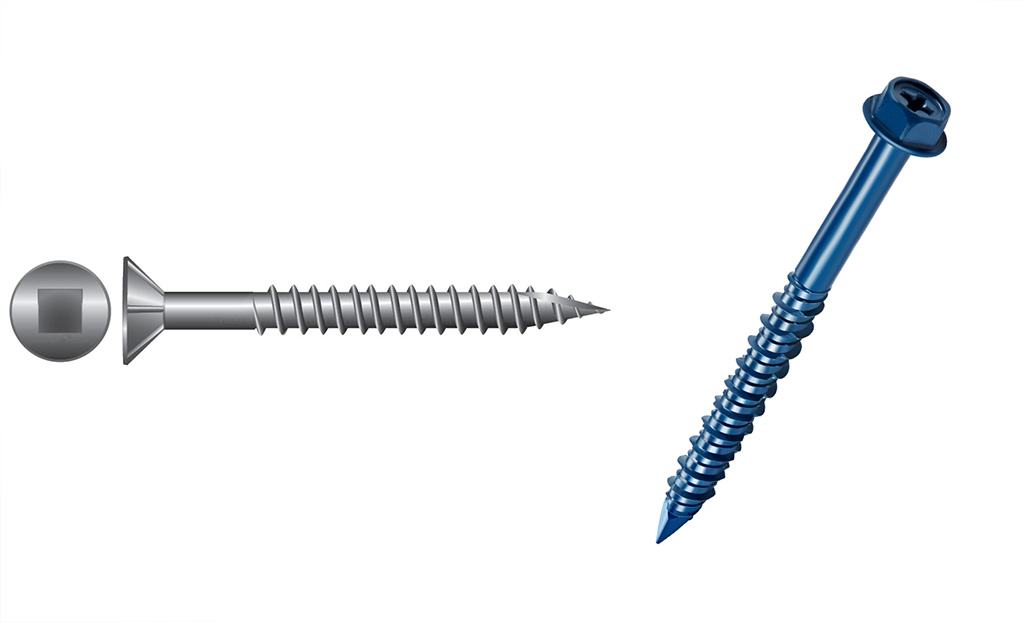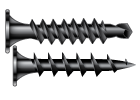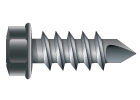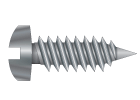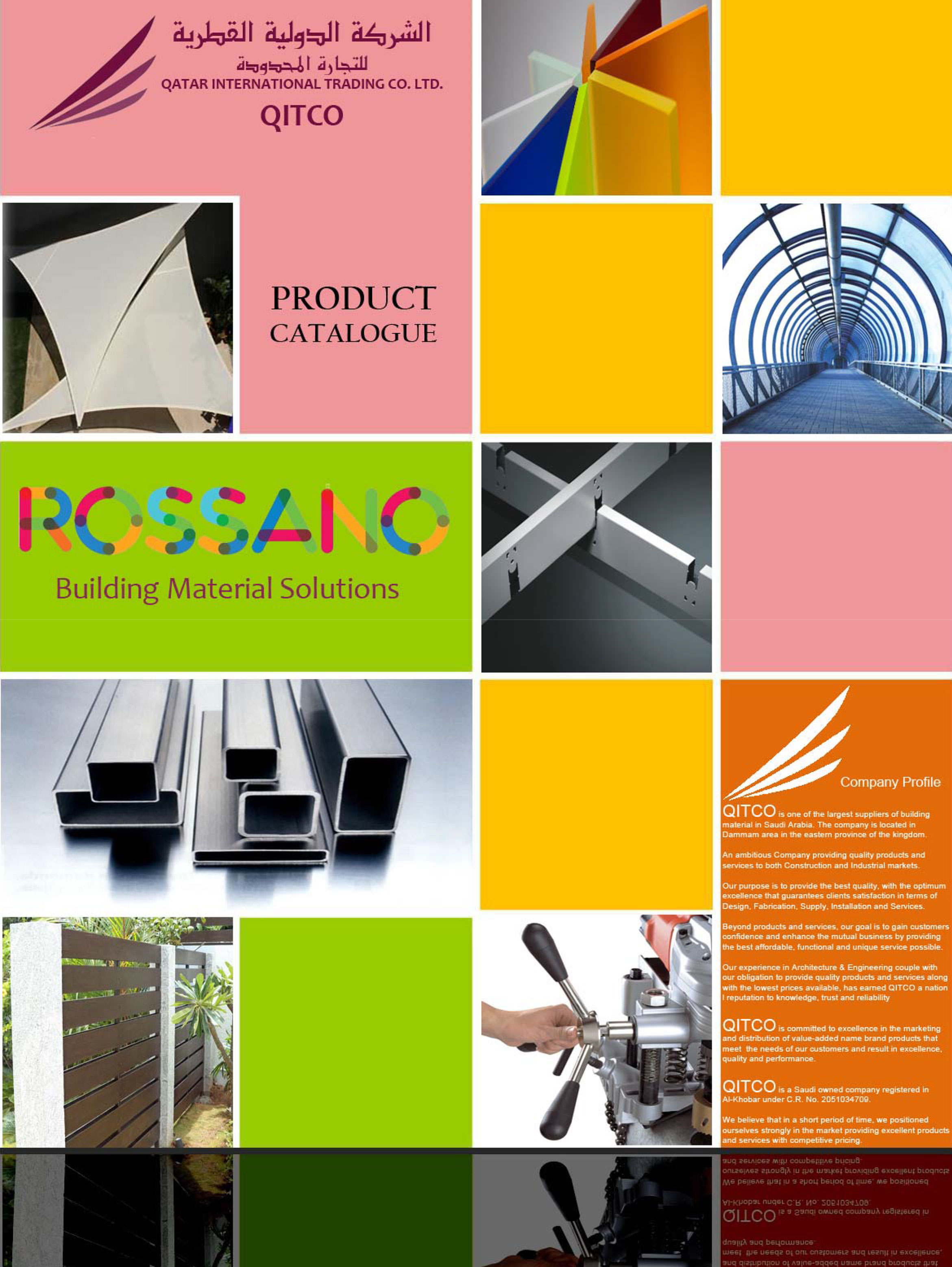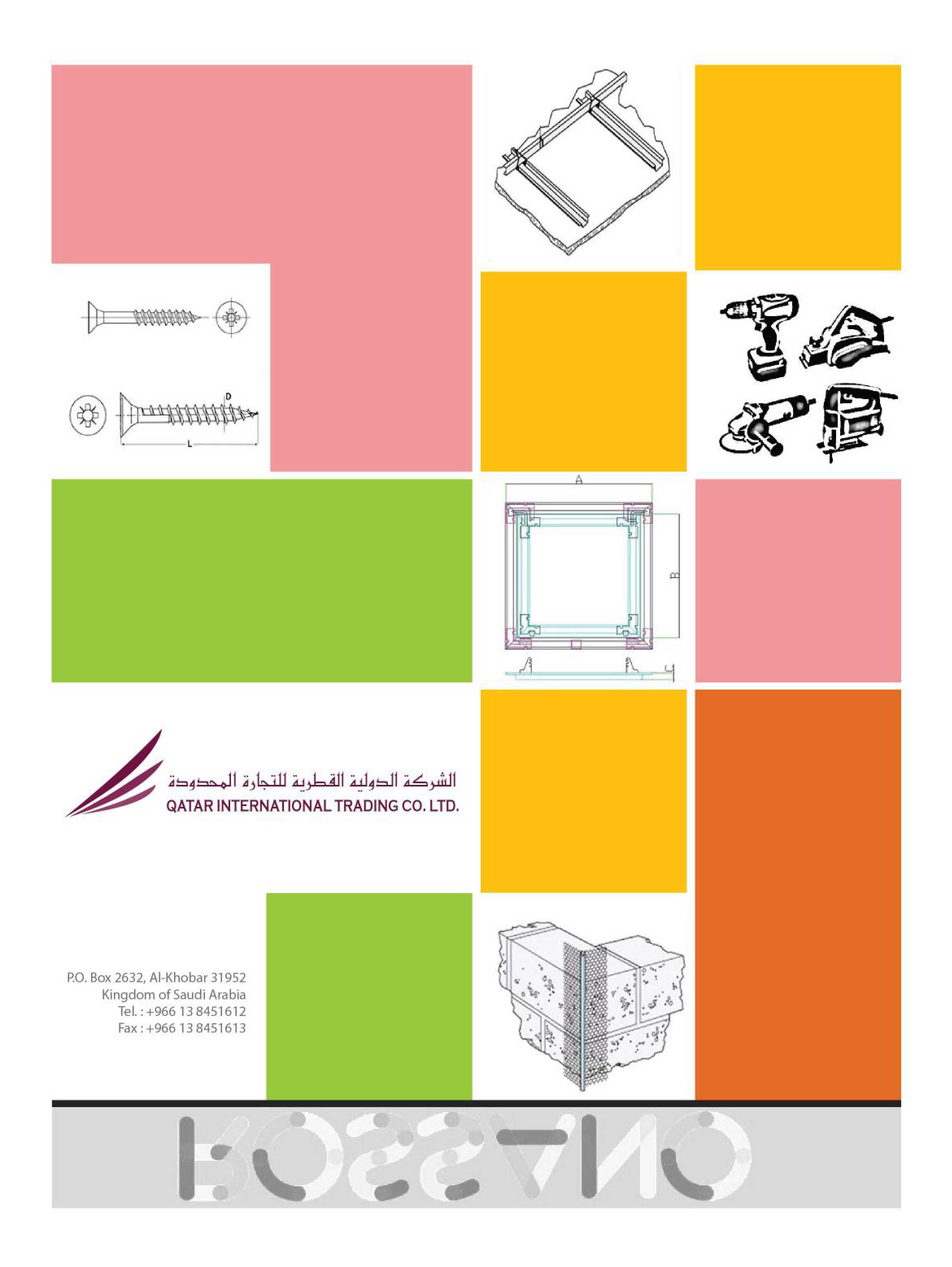The manufacture of fasteners has evolved over time, and this means that we can expect the future generations of such products to be much better than the ones that are available today.For instance, the use of magnesium hex head cap screws and titanium socket head cap screws was virtually unheard of in the past decades. However, as the qualities of these metals became more apparent, it became much easier for fastener manufacturers to have a basis to design these new fasteners.
Today, there is a lot of research going on in terms of material design, and this means that we can expect even more advancements in the future of fastener design. There are a number of specific things that are being tackled during these research processes, some of the most important of which include:
Currently, most fasteners are made out of products such as metal and plastic. However, the use of composite materials has been increasing over time. Some of the advantages of these products that are making them ever more popular include the fact that they are very light, and also tend to be very strong. Those that are made out of ceramic are also very hard, which means that they can be used in scenarios where they might be exposed to a lot of heat and pressure. As a result, we can also expect that in the next few years or decades, we will finally end up having fasteners that are made out of the same material. Some of the qualities that they will have include the hardness and lightness that composite material is well known for.
NEW ALLOYS
One of the other advances that most researchers are working towards is the use of new alloys to make metals that have advanced qualities. For instance, they might end up being very light or superconducting depending on the reason why they are being made. Either way, we can also expect that once these alloys are made, fasteners made out of the same material will be designed. The fact that space exploration has become more active over the recent past means that the chances of discovering new elements and metals are likely to increase. This means that man will be in a position to manufacture alloys that have otherwise never been seen in history, and which will have all these features and more.
SMART FASTENERS
Research is also going on about manufacturing materials that can respond to the conditions in which they are placed. For instance, they could change shape depending on the forces that are acting on them. The fasteners that are made out of such materials are likely to become very useful particularly in scenarios where the fastener might need to change shape significantly. Currently, there are no products that have this capability, which means that different ways of solving the problem have to be thought of.
In summary, we can expect a lot in terms of the advancements of future fastener design. The one thing that we should keep in mind is that such advancements will make fasteners more practical and long-lasting.

